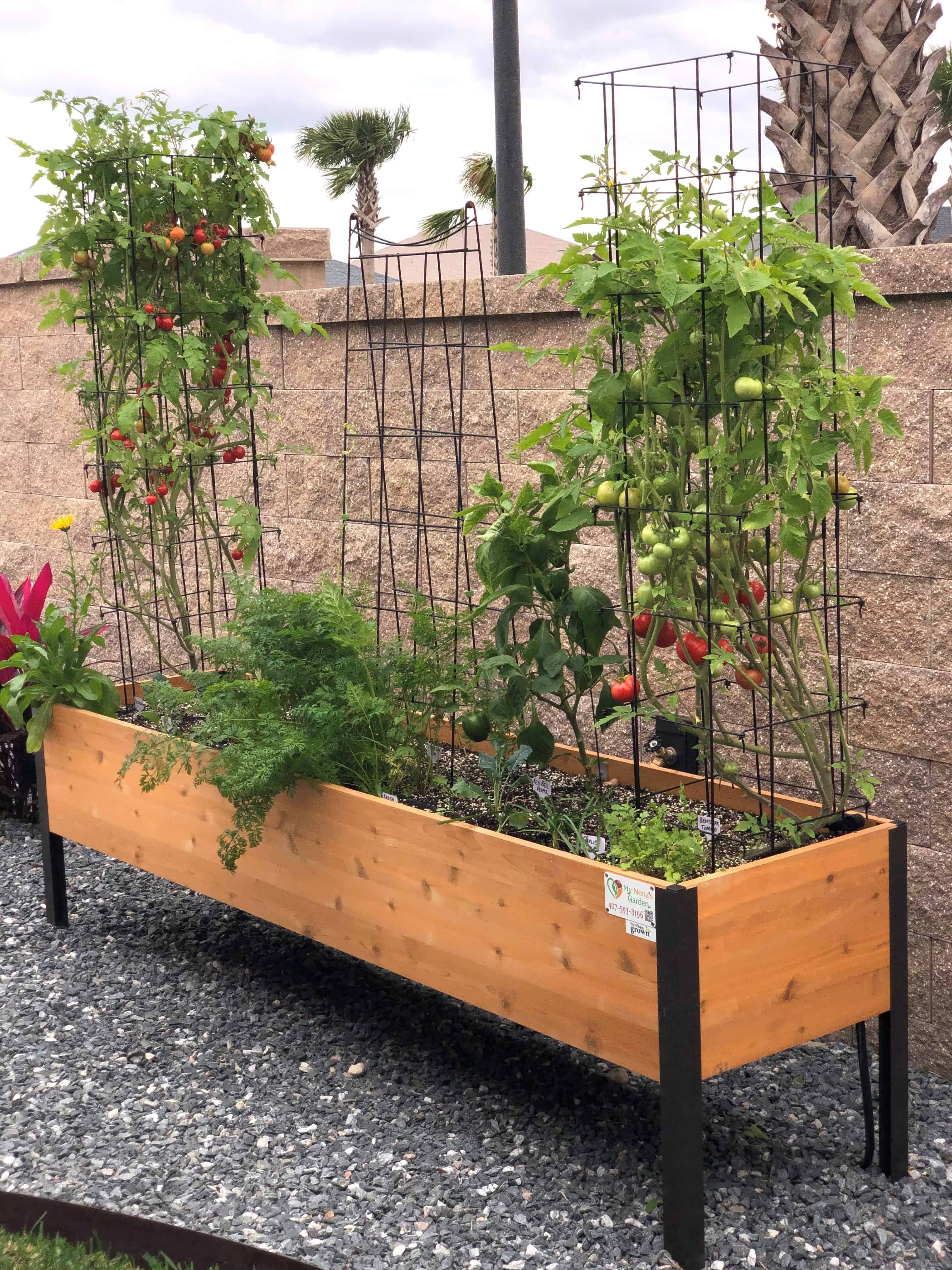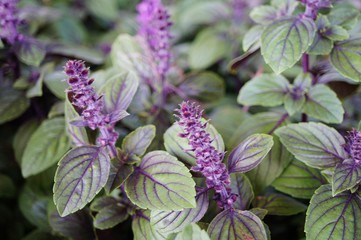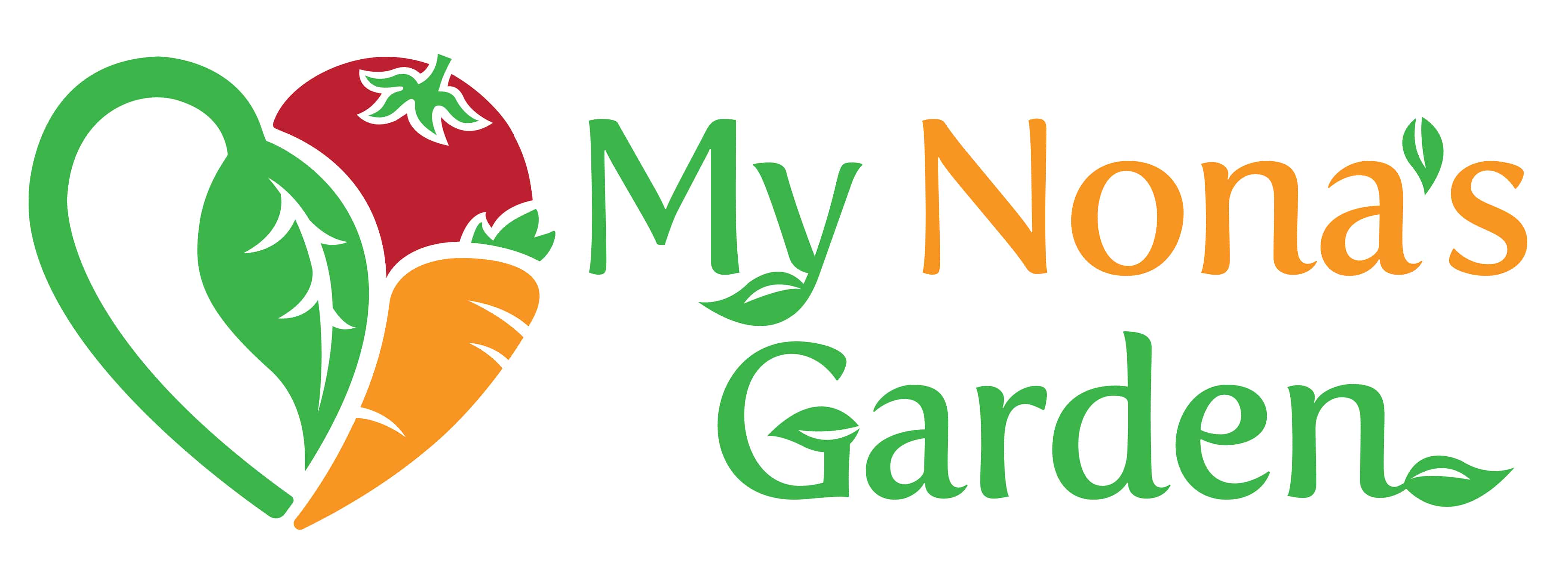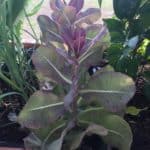The spring vegetable gardening season begins, for most, after the threat of frost is gone. Planting in the beginning of March is typically a safe bet as the last frost of the year in Central Florida is usually sometime in February. This winter season was quite mild, where we never even got a frost. In comparison, last year we got our first frost in November and a hard freeze in February. The point is that you never really know what the season will bring, so planning to plant in the beginning of March is typically a safe bet.
In order to be successful in the spring and summer vegetable garden, we must choose plants that are heat tolerant and pest resistant. Always read the description on the seed packet and look for these qualities. If you’d like to know certain varieties to seek out and purchase on the internet, just access the University of Florida data sheet for that vegetable plant. It will usually recommend several varieties of tomato or eggplant that are proven to be successful in our region.

When temperatures are above 90 degrees daily, it makes it difficult for many plants to produce the flowers necessary to develop fruits and vegetables. It is important to choose the types of vegetables that will tolerate the summer heat. Here are some good options in general that you can plant in the beginning of March that will continue producing through the summer and into the fall:
- Cherry tomatoes are a good option that will grow most of the summer. Beefsteak and other large varieties do not do well when it gets very hot. A great cherry option is the Florida Native Everglade Cherry Tomatoes.
- Eggplants are heat-loving plants that can continue to produce through most of the summer.
- Peppers also do well in the summer. Hot peppers tend to produce even longer through the summer than the sweet bell peppers.
- Okra will just grow all spring and summer long, and it will continue to produce into the fall season.
- Spinach substitutes like Malabar Spinach and Longevity Spinach are nutrient rich and can continue to produce all summer long. Use the leaves in salads, sautés and smoothies, just like traditional spinach.
- African blue basil is a great heat-tolerant option to have Caprese salad and pesto all summer long. It also has beautiful purple flowers that are edible.

We are so fortunate to be the only state in the country that can successfully grow and harvest vegetables all year round. In order to get the most out of your spring and summer gardens, just follow the above guidelines, along with:
- A minimum of six hours of direct sunlight on the garden.
- Regular daily watering in the morning so the moisture is with the garden during the heat of the day. By late afternoon, the garden should have a dry layer on top to know you are not over-watering the garden.
- Start the season with some fresh compost to revitalize the nutrients in the garden. Use organic fertilizer regularly as directed on the package.
Amber Harmon is the owner of My Nona’s Garden, where we sell and service low-maintenance, elevated, organic vegetable gardens. Our mission is to bring health, promote growth and provide vegetable gardening education to local communities, one garden at a time. Visit www.MyNonasGarden.com for more information.
“We make organic vegetable gardening Easy!”



